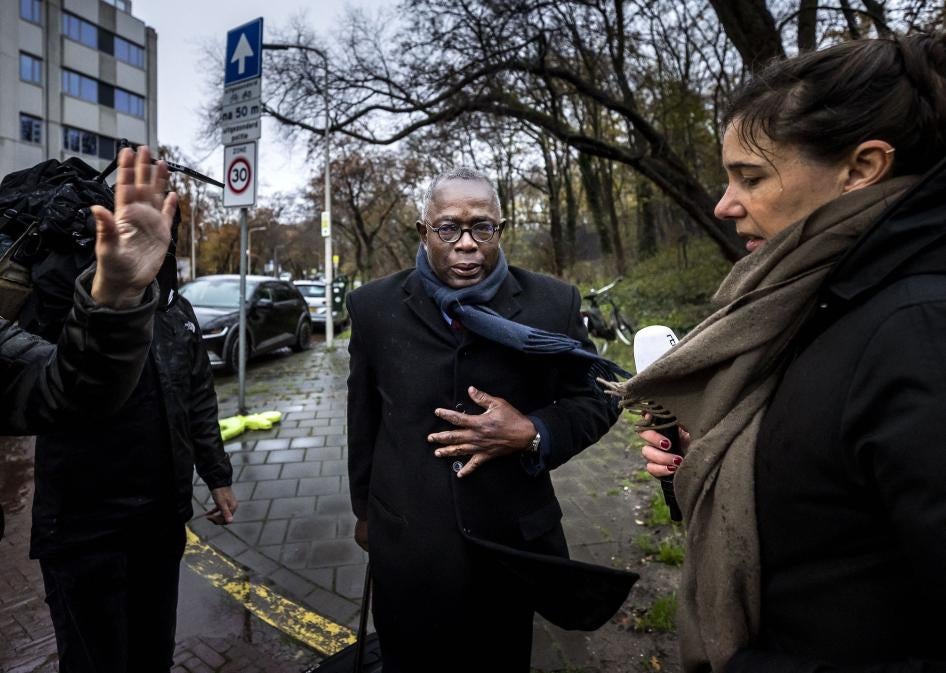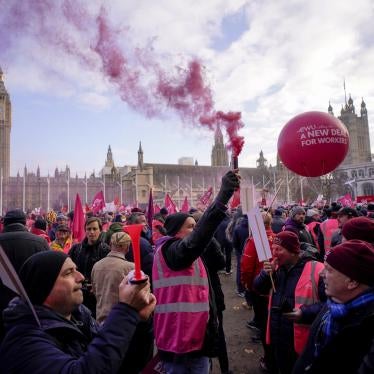Earlier this month, December 2022, the Dutch government signaled it was set to issue an official apology for 250 years of slavery in former colonies in South America’s Suriname and Caribbean islands.
However, following criticism about the timing of the apology and lack of consultations of formerly enslaved communities, it’s now unclear whether the government will go ahead with the apology as planned on December 19.
Last week, Dutch Prime Minister Mark Rutte met with Surinamese and Caribbean groups, such as the Nationale Reparatie Commissie (National Reparations Commission) in Suriname, who argued that July 1, marking 150 years since the abolition of slavery, would be a more appropriate date for an apology.
According to the Dutch government, the apology will not be accompanied by immediate reparations for the descendants of enslaved people. Instead, the government intends to dedicate €200 million to awareness raising projects and €27 million for a museum on The Netherlands’ slavery and slave trade.
In July 2021, a committee commissioned by the Dutch Interior Ministry issued a 217-page report urging the government to reckon with its slavery past. The committee described Dutch slavery and ensuing slave trade as crimes against humanity with ongoing impact for descendants of those enslaved. The report recommended an apology, the conduct of an investigation into its slavery, and efforts to address institutional racism in The Netherlands which it claims has roots in slavery and colonialism. In October 2022, a parliamentary majority supported the need for an apology.
The Netherlands should learn lessons from Germany’s botched reparations deal to address colonial crimes in Namibia, where the failure to consult with affected communities derailed the process and resulted in a deal rejected by both people representatives and Namibia's government.
A true reckoning of colonial crimes, including slavery and other forms of exploitation, requires reparations that serve as a form of accountability and acknowledge the impacts of colonialism today. Reparations can take many forms, including restitution, compensation, rehabilitation, satisfaction, and guarantees of non-repetition. Listening to affected communities is an important step in determining what reparations should look like.
As encouraged by the European Commission’s Anti-Racism Action Plan 2020-2025, The Netherlands also has an opportunity to adopt a robust National Action Plan with reckoning with its colonial past at center of the strategy. An apology needs to be followed by actions – in The Netherlands and its former colonies.










